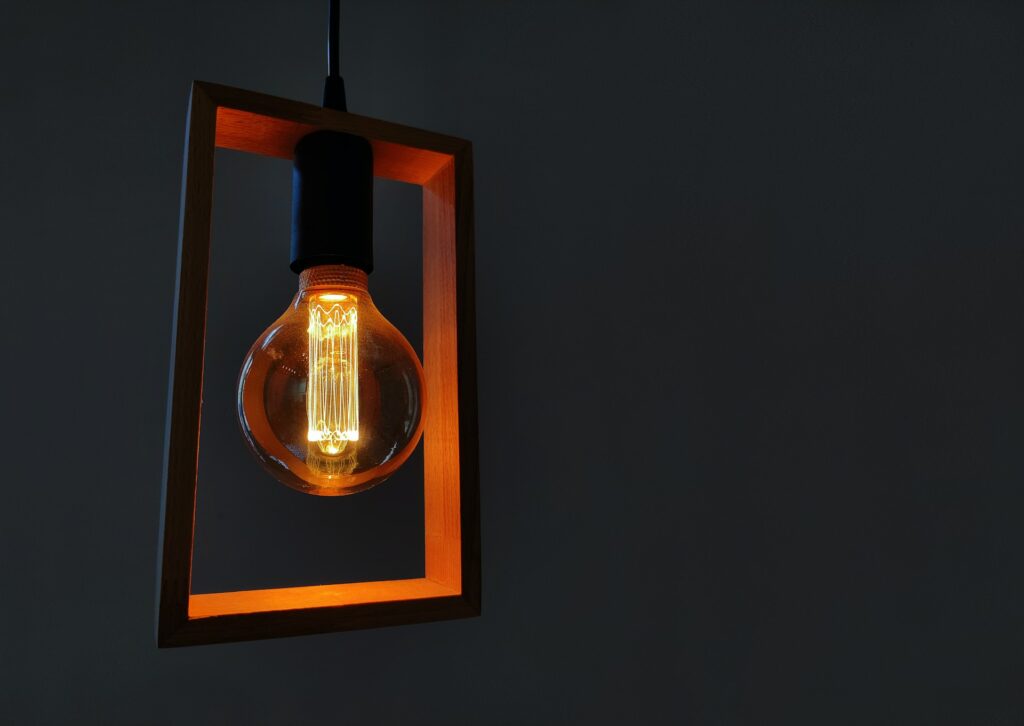Top money saving tips for winter

With winter comes an inevitable increase in power bills, with households incurring the additional expense of keeping warm. There are ways to help keep these costs in check, to avoid having to apply for loans to pay for electricity bills.
1. Know your running costs
Having a good knowledge of the running costs of each of your main electrical appliances is the best place to start. By giving the most attention to reducing costs to run the appliances that are proportionally the biggest energy-users can see optimal results in cost reduction. This is known as picking the low hanging fruit – quick, substantial gains can be made here.
Tumble dryers can be a big contributor to the power bill, if used too indiscriminately. They are real energy-guzzlers with each load costing about $1. This can soon add up, but there are practical ways to reduce this cost. When possible, use the outdoor and indoor clothes lines to begin the drying process, with the dryer finishing off partially dry clothes.
Moreover, making sure as much water as possible is spun out of the clothes in the final washing machine stages will greatly reduce clothes dryer times. Remember to do cold washes with loads as full as possible to further save money.

Know your running cost
2. Save Water
Other water-smart solutions include shower flow restrictors – an inexpensive way to save thousands of litres of water each year – and only filling the kettle with what you need for each boil. Boiling a full jug each time is a clear waste of power.
Resisting the natural desire to enjoy longer showers during the colder winter months can be a real money saver (hot water heating is over 20% of your power bill). Every fifteen minutes in the shower costs around $1. Taking shorter showers can have a significant saving effect, especially for larger families. By reducing showers from an average of 15 to 5 minutes each per day, a family of 4 can achieve annual savings of $950, a whopping two-third reduction in hot water costs.

Save the water
3. Save on Lighting
Lighting is a often-overlooked cost that contributes to around 8% of your power bill. Modern, energy-efficient LED lights are a money-saving must, as well as switching off lights when leaving a room (darker winter months causes us to use lighting more, without realising it). Quality LED bulbs are much more expensive to buy than the old type, but they cover this cost through much longer life spans and by using up to 90% less power.

Save the lighting
4. Save on heating
Careful use of curtains can help keep room temperature optimal during winter – always make the most of any sun by opening blinds and curtains but be vigilant to trap the warmth of the day and block the cold from the glass as soon as early evening hits.
When compared to other electric heating options heat pumps are an excellent solution for home heating, in terms of energy-efficiency. One important tip is to keep the heat set in the range of 18-20 degrees, the sweet spot for efficiency recommended by experts. Remember to have your heat pump regularly serviced to ensure they are running most efficiently.

Save on heating
5. Insulation
Checking the insulation status of your home is a good idea – like replacing your old bulbs with LEDs, insulating your home is an up-front investment that will pay for itself in power savings over time. Ceiling and underfloor insulation are relatively easy improvements to make to your home, and can be done strategically (living and sleeping areas first) as budget permits.
For those with older homes, sealing up gaps and cracks around doors and windows is another simple way to prevent heat loss. Your local hardware store will have all the materials, tools and know-how to get your project started.

Insulating your home
6. Switch Off
Switching off our myriad of household appliances at the wall eliminates the small flow of electricity known as ‘stand by power’. Up to $100 per year can be saved by the cumulative effect of switching of unused appliances at the wall. Similarly, forgoing 24-hours-a-day luxury of a heated towel rail (and cutting down to 4 hours) can save up to $130 per year.

Turn off your electronic
7. Shop Around
Shopping around power companies can be a good idea. A competitive market means many companies will be willing to offer good deals to secure you as a customer – just make sure to read the fine print and not be pressured into signing up before you’re comfortable.

Shop around


